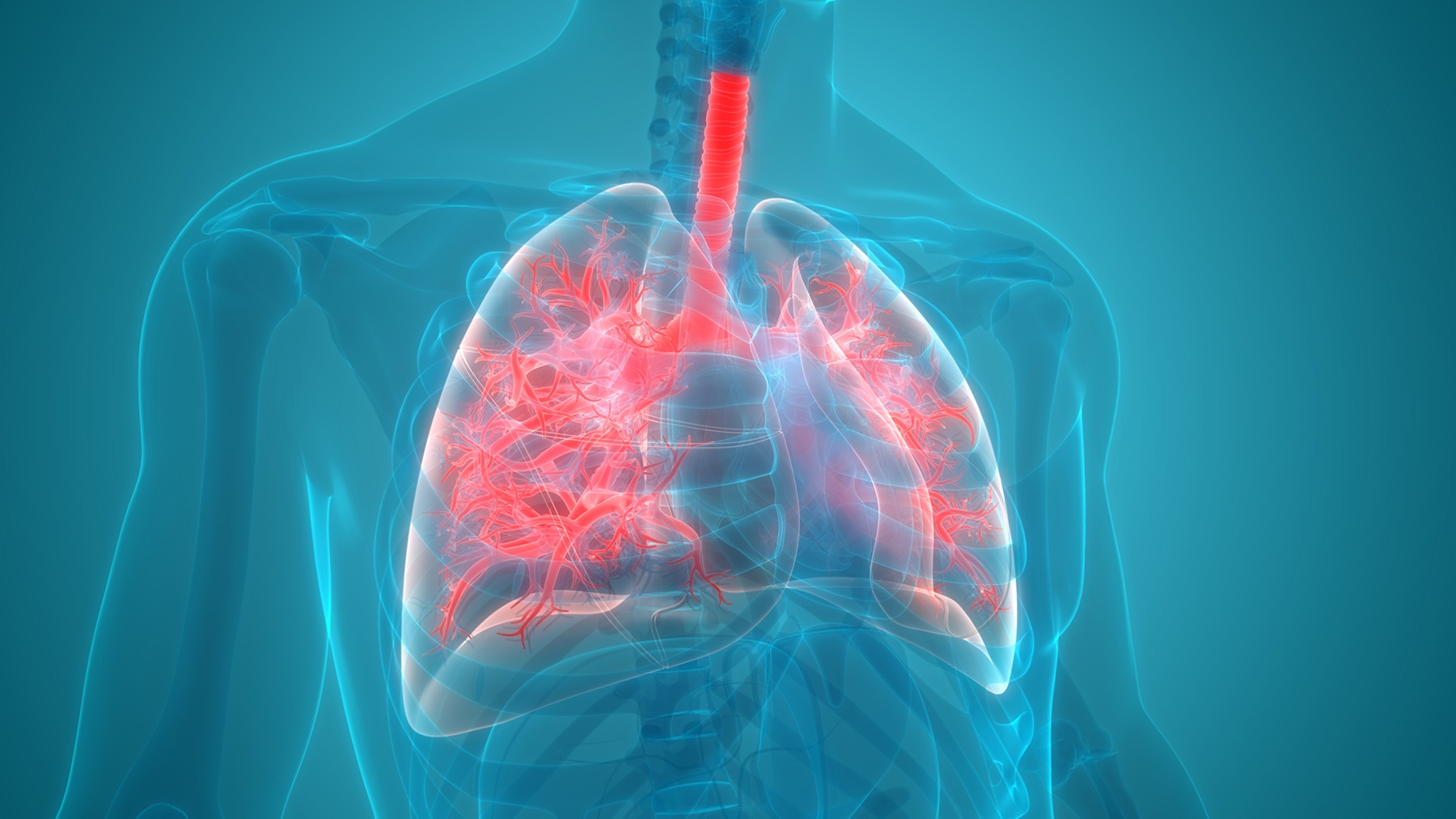A study identified some mechanisms that make patients with chronic obstructive pulmonary disease (COPD) more susceptible to severe COVID-19. The findings appeared in Frontiers in Immunology.
To conduct this study, researchers quantified 92 proteins in 315 plasma samples from 118 patients with asthma, 99 patients with COPD and 98 healthy controls (age 40-90 years), who were recruited in Colombia before the start of the pandemic. They then compared protein levels between each disease group and healthy controls.
The results revealed that patients with COPD have altered levels of certain plasma proteins that have been reported to increase in patients with severe COVID-19.
“Our study suggests that [patients with] COPD have a systemic dysregulation in chemokine networks (including HGF and CXCL9) that could make them more susceptible to severe COVID-19. Also, that IL-6 levels are increased in some asthmatic patients (especially in females), and this may influence their response to COVID-19,” the researchers concluded.
They added that the “findings in this study depict a novel panel of inflammatory plasma proteins in [patients with] COPD that may potentially associate with increased susceptibility to severe COVID-19 and might be useful as a biomarker signature after future experimental validation.”
Keywords: COPD, CXCL9, HGF, IL6, plasma proteomics, severe COVID-19









